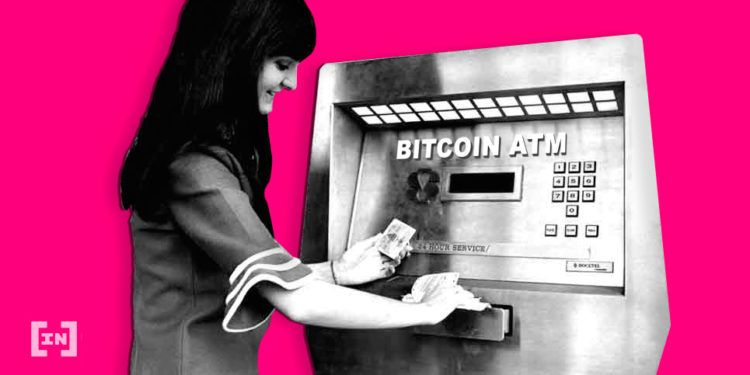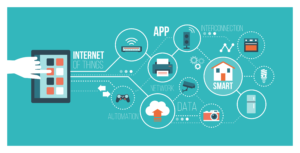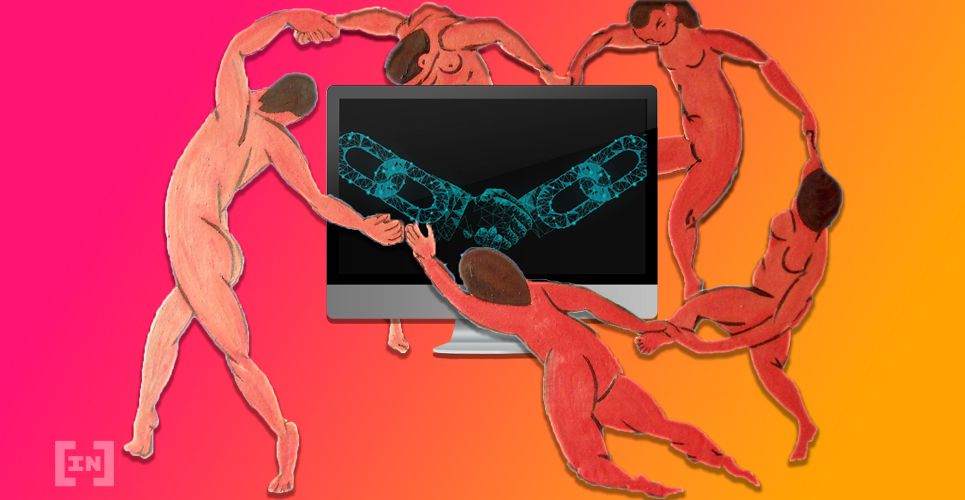What is Blockchain?
People associate the terms ‘blockchain’ and ‘cryptocurrency’ together and presume them synonymous. Blockchain is so much more than just the technology behind bitcoin and other cryptocurrencies.
Blockchain technology is a distributed data system that enables an online list of transactions. Through cryptographic processes, this list is simultaneously copied across thousands of computers in what we call the distributed ledger system.

How does it work?
The blockchain is made up of “blocks,” which are continually added onto the chain. These blocks can be thought of as permanent pages in a file where data about the network is stored. Once the information is written, or the block is added, it cannot be changed without the consensus from the nodes running on that network.
Each block has a timestamp and link to the previous block. Anyone can read this list of transactions, but to update any data, the user must have a specific private key unknown to anybody else. Once a private key and a public key match for a particular set of data, the modification is added and recorded on the subsequent block.

Problems that blockchain technology solves:
- Eliminates the “middleman” – or need of a mediator, which is usually represented by a bank. Even online payment methods such as Paypal require an integration with a bank account to work. Blockchain technology means we can confirm transactions, confirm identities, and verify contracts all without the need of a third party.
- Trust issues – the network builds the trust for us through a combination of the complex math problem that must be solved, proven, and then verified by the rest of the network before any new piece of information can be added. Compare this to making a payment online; there are several elements involved which all need to be individually trusted, for example, banks, websites, and payment systems.
- Transparency – in public blockchains, all transactions are available for viewing; this enables a level of integrity and accountability, which has not existed in previous financial systems.
- Control –Blockchain is a decentralized system, no one can control what happens, and things can only change via consensus.

How is it used?
This concept was first created in 2008 and then implemented in 2009 by Satoshi Nakamoto as an integral part of Bitcoin. It was the first digital currency that solved the double-spending problem (file duplication) without the need for a central server. Keys are used to transfer blocks containing information about financial value. This records the transfer and gets rid of the need for a third party like a bank. It also ensures security seen as you must have the corresponding key to edit any data stored in the ledger.

A banks function, verifying identities and recording transactions, can be done faster and more accurately by blockchain. Blockchain started with Bitcoin, but the applications are vast across many sectors. Here are just some ways that blockchain can be used to improve several industries:
- Smart contracts – In addition to storing a unit of value, some blockchains can be used to store different types of digital information. This means code can be programmed to trigger when we enter keys or when conditions are met from external data feeds (e.g., stock prices, energy usage). Smart contracts have the potential to transform so many sectors.
- Internet of Things – This term describes the growing number of everyday objects that can connect to a more extensive network via the internet. Blockchain technology offers the opportunity for further scalability and integration.

- Fundraising – The charity industry can benefit from the transparency offered by blockchain transactions. Often charities can face challenges ensuring that the public has trust in the funds arriving at their intended destination. Blockchain means that information on the allocation of funds is visible for funders.
- Healthcare – Because blockchain technology is so secure and reliable, it’s the perfect method of recording and storing sensitive information such as healthcare data.

- Supply chain management – The ability to precisely track processes with complete transparency is useful from both the production and consumer point of view. Customers can know the exact origin and contents of their products, helping to reduce scandal and maintain integrity for companies.
What’s next for blockchain?
As more and more companies are utilizing blockchain technology to create greater reliability and transparency across their digital platforms, the prospective uses of blockchain technology are becoming apparent. As awareness increases, it seems blockchain technology will be solving problems and transforming processes for many industries. Take a look at our list of the most revolutionary blockchain-based businesses for an idea of the huge scale of potential applications.


